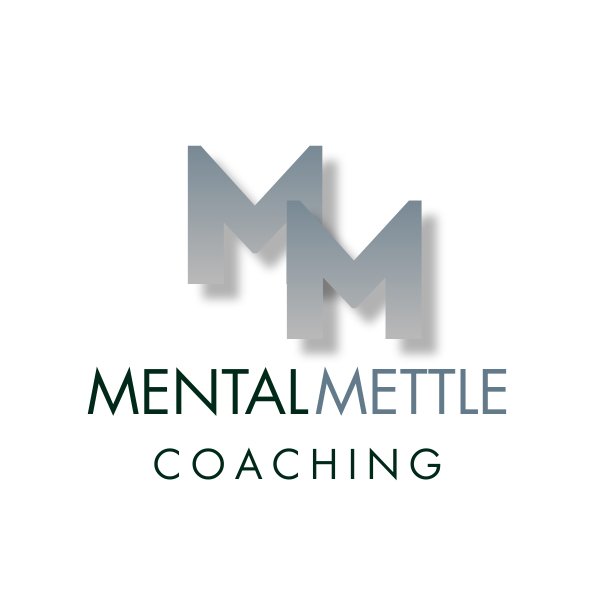
Questions I get as a coach
-
No. No one needs a coach. Life coaching is not something people need, it is something that they should want. You don’t need to use your phone to give you directions to a new job interview and you don’t need to visit a hairstylist before a big date; however, a GPS and a new “do” have you arriving efficiently and confidently. So again, you don’t “need” coaching to go through life, but good coaching can improve both the journey and the destination.
-
Coaching, at its core, is conversation. Unfortunately, with the rise in phones and other technology, true conversation has become a lost art. In most conversations, each individual focuses on speaking rather than listening. Coaching conversations are different and clients often find them refreshing and transformative. As a coach, I intently listen to a client and together we form a relationship that has the sole purpose of helping the client create and reach their objective.
-
Extremely. As a parent of student athletes I know that kids often listen to other adults more than they listen to their parents. As a former teacher, coach, and administrator I have experience working with boys and girls from Kindergarten to High School. As a coach, I have worked with all manner of student/athletes from 5th-grade cross country runners in tiny private schools to scholarship athletes in the Big Ten and SEC Conferences. Despite the huge differences in size, ability, and age all student/athletes have fears, doubts, dreams, and goals. A coaching relationship allows them to discuss all of these and prepare them for whatever obstacles lay in their path.
-
First off, my coaching roster is filled with young student athletes that did not want to do be coached. They don’t know what to expect and are very apprehensive. The discovery session is designed to explain how coaching works and for me to get to know them better through a series of fun and engaging questions. For many of them, it is the first time that an adult (other than parents) intently listens to what they have to say. By the end of the session the mood changes and both of us are having fun; however, if they don’t enjoy it and don’t want to continue then there is no obligation to continue.
-
Therapy works to heal mental health issues that are occurring in a patient due to past experiences and trauma. Life coaching helps a client create and reach objectives that they have planned for the future. A therapist is similar to a surgeon needed after an injury. A coach is similar to a personal trainer that will help a client reach physical goals. Much like a personal trainer, a coach can help a client create habits and a lifestyle that can prevent future issues.
-
Yes, absolutely. Nothing said in a session will be brought up by the coach outside of the session. Clients may choose to involve friends and family in their journey and use them as accountability partners, but that will be done at the client’s discretion. As the coach, I will only break confidentially if I believe that the client may harm themselves or others.
-
Sessions can be done in person if the location allows or via video conferencing. Some clients even prefer to be coached over the phone. All are equally successful. Video conferencing is easy, and commonplace for most clients. Also, it allows the client and coach to connect regardless of distance. For more local clients, in-person meetings can happen in a home, a library, a coffee shop, and even a school. Additional fees may be charged if substantial mileage is required.
-
The best way to proceed is to sign up for a free 30-minute informational session. You can sign up and attend as a client or sponsor. If attending as a sponsor the child can be present but does not have to be. This session is informal, informational, and confidential.
-
Yes. As a parent, a coach, or a fan you can sponsor an individual student athlete that you believe would benefit from coaching. Sponsors can be made known or anonymous. Contact me for more information about a student-athlete.

